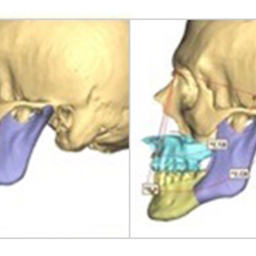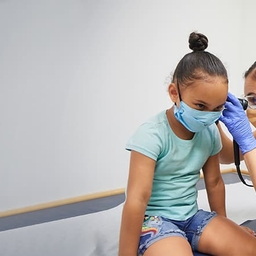State-of-the-Art Care for Cleft Lip/Palate: Nasoalveolar Molding Program
Jun 15, 2020
One of the most important advances in the care of cleft lip and palate in the last 30 years is nasoalveolar molding (NAM).
At CHOP, you have access to one of the largest teams dedicated to caring for movement disorders. Our team has a high level of understanding of these complex conditions.
Jun 15, 2020
One of the most important advances in the care of cleft lip and palate in the last 30 years is nasoalveolar molding (NAM).

Jun 15, 2020
Because the face and oral structures change as a child grows, the interdisciplinary team in our Cleft Lip and Palate Program follows children from before birth through adolescence.
Jun 15, 2020
Coordinators in the Center for Fetal Diagnosis and Treatment and the Plastic Surgery nurse coordinator at CHOP partner to address many of the fears associated with this prenatal finding, and prepare families for caring for their child after delivery.
Jun 15, 2020
Cleft lip with or without cleft palate is the most common craniofacial anomaly detected on routine prenatal screening ultrasound. At CHOP, prenatal assessment of facial clefts is done in the Center for Fetal Diagnosis and Treatment.
Jun 15, 2020
The last several decades have seen remarkable progress in the care of children born with cleft lip and palate.
Jun 4, 2020
In a new study focused on concussions in children ages 5-11, CHOP researchers identify opportunities to improve outcomes for this age group through more consistent assessments at the initial health care visit.

Jun 4, 2020
The COVID-19 pandemic has disrupted everyone's lives, but has had a profound effect on adolescents facing college, jobs and the unknown.
May 28, 2020
New study details the ability to successfully deliver high-quality pediatric orthopaedic care via video visits during the COVID-19 pandemic.

May 28, 2020
CHOP researchers report a 2.5-fold decrease in pediatric fractures overall, due to organized sports cancellations and playground closures.

May 2, 2023
Don't fall behind on your child's routine care — a minor issue today could become a major problem tomorrow.